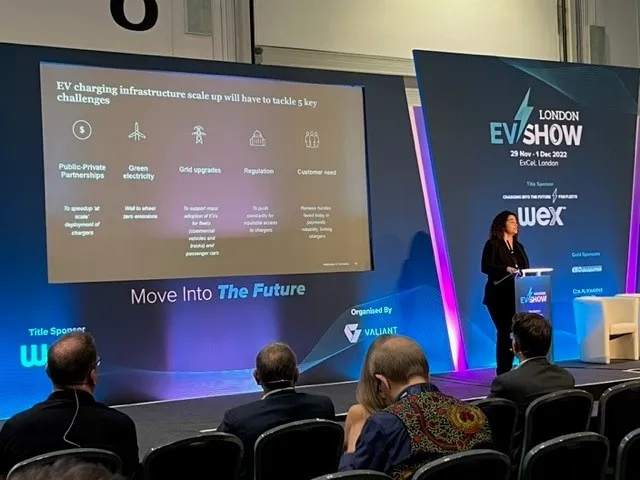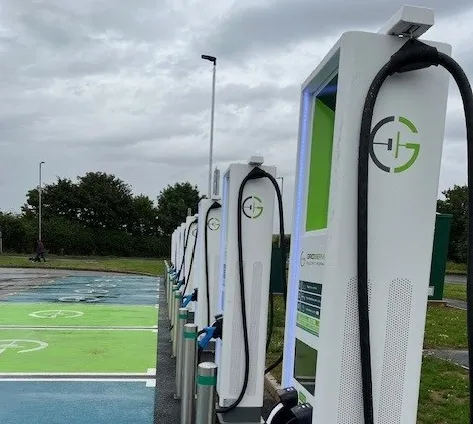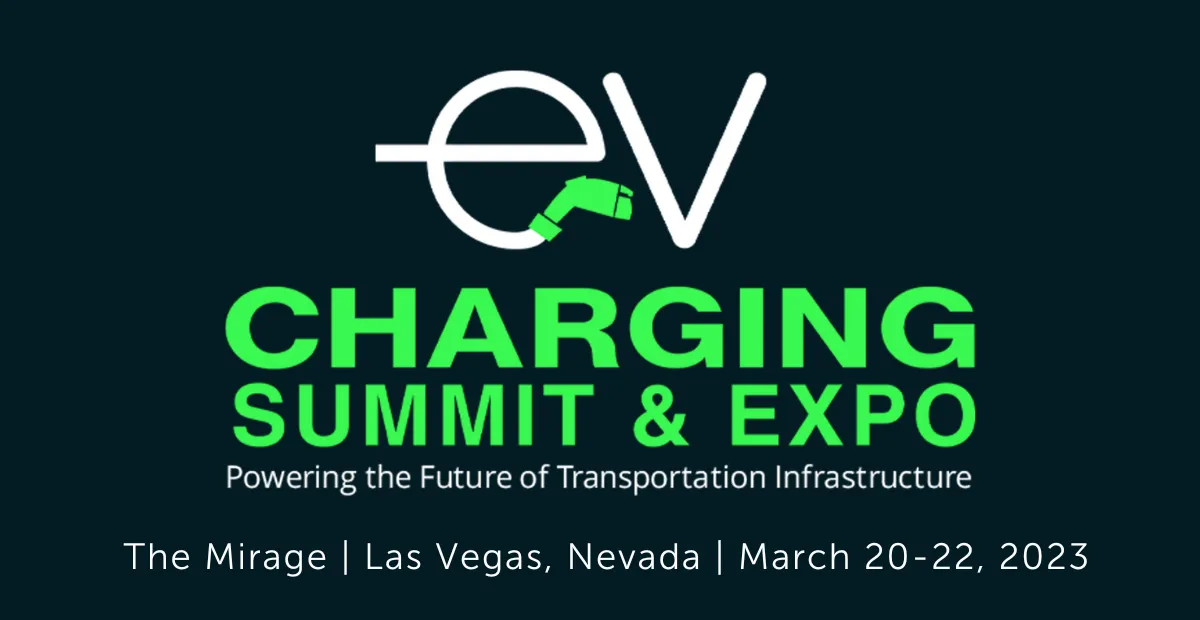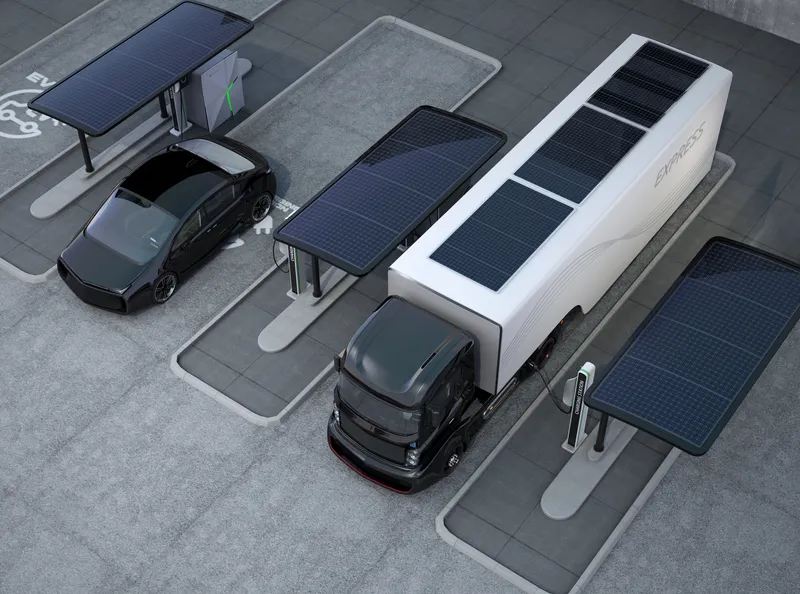
“The UK grid will cope, because it has to.” This was message from Paresh Patel, president and chief executive of System Level Solution, Verdemobility, during a conference session on day 2.
Admittedly, he explained, keeping the grid running smoothly is getting more complex, but this is not new. There are many more sources of electricity now, from solar and wind power as well as consumer input to the grid from power generated by home-based sources, than in the last century. But it has been happening for years and has been managed by energy suppliers and the national grid.
However, the issue for EV drivers as well as charger manufacturers is to allow for more efficient charging as well as so-called ‘green’ charging where the power comes from sustainable sources. “Consumers want added value from their chargers,” he told the audience.
To get this added value, he said, what is needed is more “demand-side management” where the consumer has choices about when and how much power is used. This can mean that a charger has some kind of ‘smart’ system where it can be programmed to use grid energy only at certain times when it is cheapest, or off-peak, in order to balance out when and how often during a time period the charger charges the vehicle.
“There are already some of these monitoring systems out there, such as G2V, grid to vehicle, V2G, vehicle to grid, automatic demand response [ADR], time of use [ToU], battery energy systems [BESS]. It’s a matter of collecting data.”
Nonetheless, the perfect storm for charging and charger manufacturers is happening right now, said Charmaine Carmichael, a partner and managing director of analyst McKinsey and Company and who focusses on digital and advanced technology.
There will be around 14 million EVs on UK roads by 2030 and around a 28 per cent increase annually in the number of chargers to reach nine million. Having access to chargers is the biggest concern (40 per cent said so) among EV drivers, according to a global survey. Meanwhile, 38 per cent said the biggest concern was the vehicle’s driving range and 37 per cent noted battery lifetime as a big issue.
For those EV drivers who routinely charge their vehicles, the biggest concern about chargers was speed, followed by reliability and then cost. Also, 47 per cent of drivers are frustrated by locating and driving distances to chargers. Yet, when buying an EV, charging costs are the biggest concern, noted by 65 per cent of respondents.
To cope with the increase in EVs within the next 8 years of so, there must be an alignment of thinking and actions taken on five key issues. One is more public-private partnerships to scale up and quicken the pace of charging system roll-outs. Meanwhile, the grid will have to cope with the increased power demand with easy to understand ‘green’ electricity available to ensure sustainability policies for businesses are adhered to.
Government regulations about charging sites must keep pace with technological developments, including size of chargers, mobile chargers and output power of chargers. Lastly, there should be removal of the hurdles consumers face when it comes to paying for charging as well as simply finding a charger when needed.









